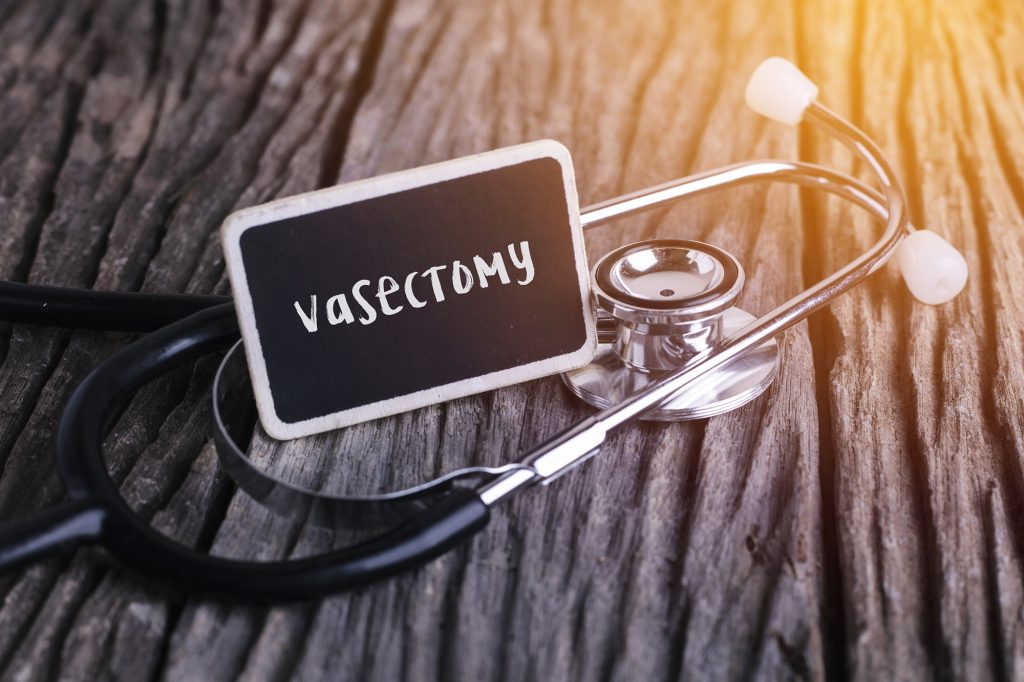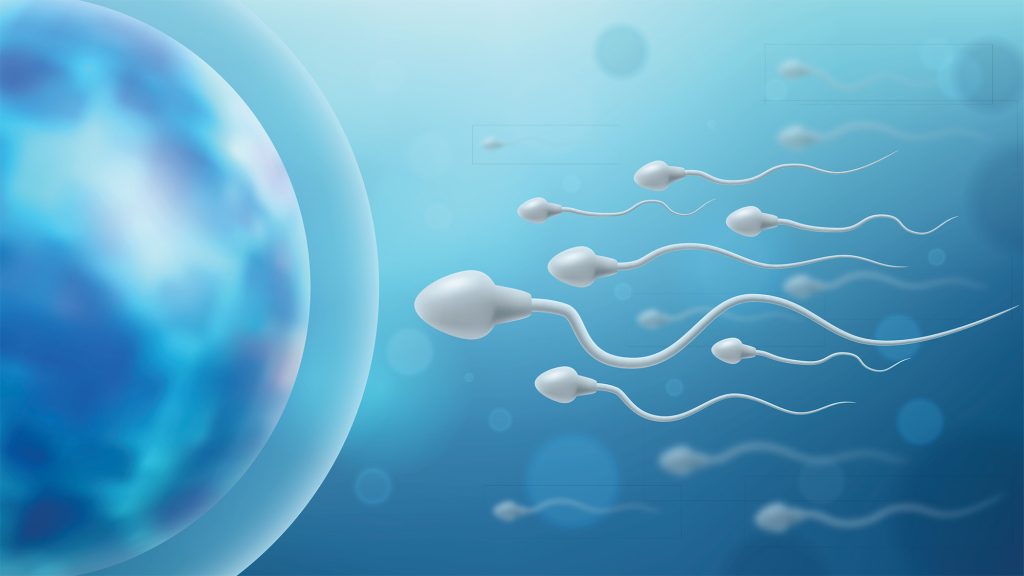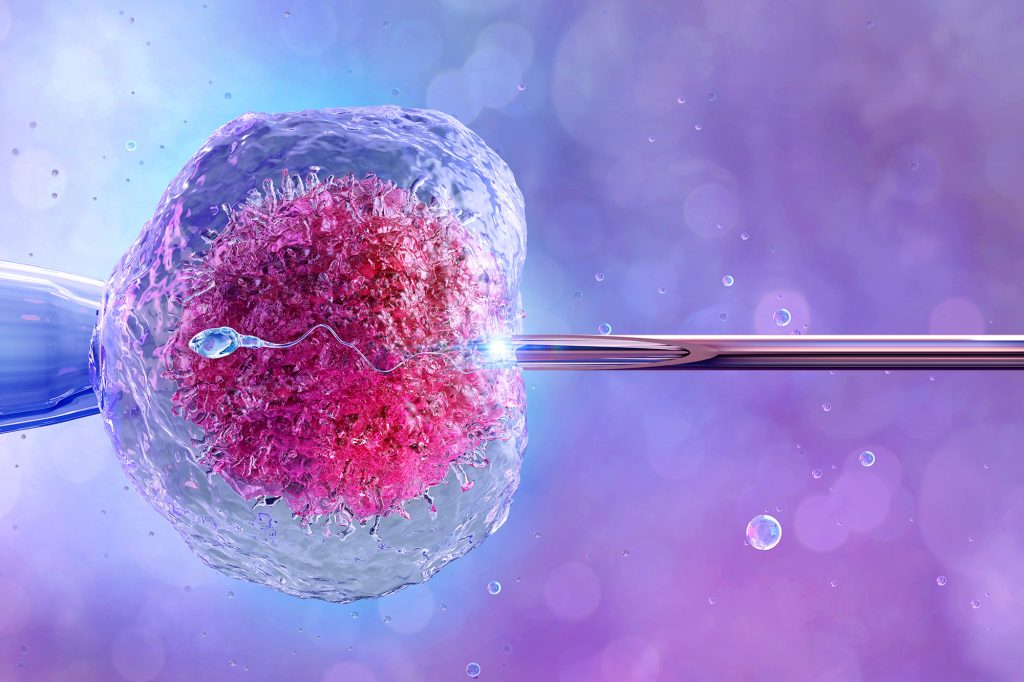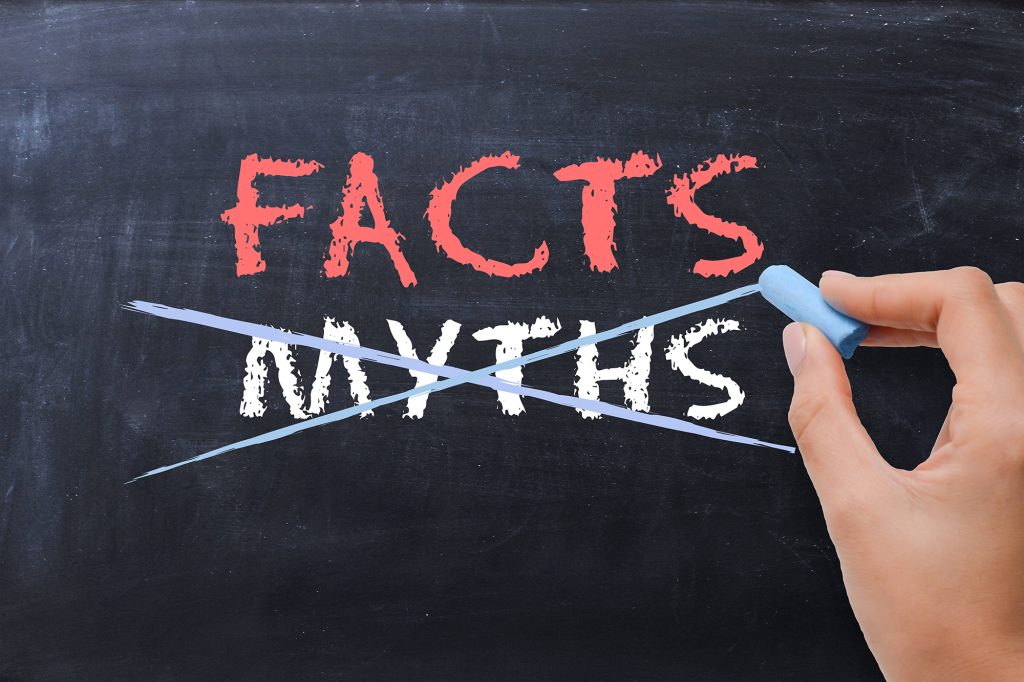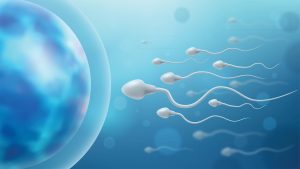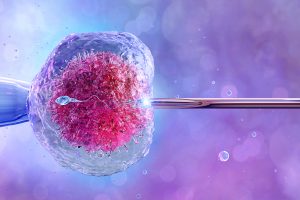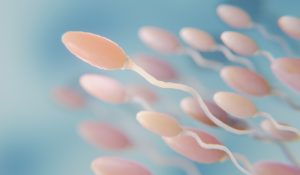Table of Contents
Understanding Vasectomy: A Permanent Choice with New Possibilities
Vasectomy is often considered a permanent form of birth control, but advances in medical science have opened new possibilities for those who wish to reconsider their fertility options.
One significant advancement is the option of IVF after vasectomy, which offers an alternative path to parenthood without reversing the vasectomy itself.
The Basics of Vasectomy and Its Long-Term Implications
A vasectomy is a surgical procedure that involves sealing the vas deferens, the tubes that carry sperm, to prevent pregnancy. This procedure is regarded as a permanent form of birth control.
However, the long-term implications of a vasectomy include not only the prevention of unwanted pregnancies but also the potential desire for children in the future. Factors such as remarriage or simply a change of heart can lead individuals to reconsider their fertility options.
When Circumstances Change: Reconsidering Fertility Options
Life circumstances can change, leading individuals who have undergone a vasectomy to explore options to achieve pregnancy. Options include vasectomy reversal, a surgical procedure to reconnect the vas deferens, and in vitro fertilisation (IVF), which can be pursued even without undergoing vasectomy reversal.
Each option comes with its considerations, such as the success rates, time since the original vasectomy procedure, and the female partner’s age.

IVF After Vasectomy: Bridging the Gap to Parenthood
In vitro fertilisation offers a viable pathway to parenthood for couples facing post-vasectomy fertility challenges.
How IVF Works in the Context of Post-Vasectomy Fertility
IVF after vasectomy involves a series of steps to fertilise an egg with sperm outside the body. For couples where the male partner has had a prior vasectomy, the IVF process often includes surgical sperm retrieval.
This is because the vasectomy blocks the normal path of sperm. The retrieved sperm are then used to fertilise the female partner’s eggs in a laboratory, followed by the transfer of the resultant embryos to the woman’s uterus.
The Role of Sperm Retrieval Techniques in IVF Success
Surgical sperm retrieval is a crucial aspect of IVF vasectomy reversal. This process involves obtaining sperm directly from the testicles or the epididymis, bypassing the blocked vas deferens.
The success of an IVF cycle post-vasectomy significantly depends on the quantity and quality of sperm retrieved through this procedure. The method of retrieval, the expertise of the fertility specialist, and the time elapsed since the vasectomy are key factors influencing the success of this process.
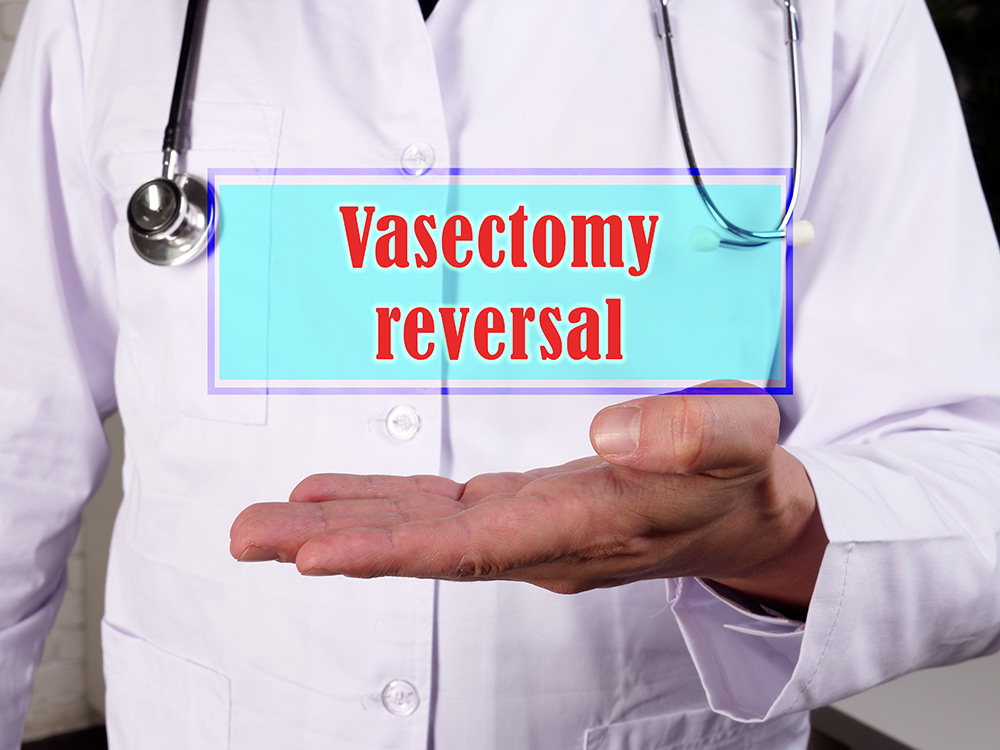
Evaluating Success Rates: IVF Outcomes Following Vasectomy
Understanding the success rates of IVF following a vasectomy is critical for couples making informed decisions.
Comparing Success Rates: IVF and Vasectomy Reversal
When evaluating fertility options after a vasectomy, it’s crucial to compare the success rates of IVF and vasectomy reversal. The effectiveness of IVF can be influenced by factors such as the female partner’s age and the quality of sperm retrieval post-vasectomy.
On the other hand, the success of vasectomy reversal largely depends on the time elapsed since the original vasectomy procedure and the surgical technique used. Both IVF and vasectomy reversal have their merits, and their success rates vary, making it essential for couples to consider their specific circumstances and consult with fertility specialists to determine the most suitable option for them.
Key Factors Influencing IVF Success After Vasectomy
Several key factors influence the success of IVF following a vasectomy. These include the method of surgical sperm retrieval, the viability of the sperm present, the age and reproductive health of the female partner, and the expertise of the fertility clinic. Additionally, the time elapsed since the vasectomy and the quality of the eggs play a crucial role in determining the chances of a successful pregnancy.
How to book a vasectomy with MSI
If you’d like to contact us to ask any questions or address any concerns you may have, you can fill out our online contact form. Or if you’re ready to book your vasectomy you can fill out our online booking form.
FAQs
If you have any more questions about IVF after vasectomy or if you’d like any more information, please don’t hesitate to contact us today. In the meantime check out our FAQs which may be able to provide you with the additional information you’re looking for.
What factors affect the success of a vasectomy reversal?
When deciding to undergo vasectomy reversal, several factors play a role in its success. These include the time elapsed since the vasectomy, the surgical technique used, and the quality of sperm post-reversal. The female partner’s fertility status is also crucial. Consulting a fertility specialist is essential for a comprehensive understanding of these factors.
How is a vasectomy reversal procedure performed?
During vasectomy reversal procedures, the sealed sections of the vas deferens are reconnected. This procedure is performed under a microscope and requires significant surgical precision. The goal is to restore the pathway for sperm to be present in the semen, thereby enabling natural conception.
How is sperm aspirated before an IVF cycle?
Before an IVF cycle, especially in cases of prior vasectomy, sperm may be aspirated directly from the testes or epididymis through a process known as surgical sperm retrieval. This is a minimally invasive procedure that involves extracting sperm for use in future IVF, offering a solution when natural sperm delivery is not possible.
Is a vasectomy reversal or IVF more successful for pregnancy?
The decision between a vasectomy reversal and IVF for pregnancy depends on various factors, including; female partner age, male partner age, time since the vasectomy, and the couple’s overall fertility health. IVF may be preferred in cases where the female partner’s age or fertility issues are a concern, or if the vasectomy reversal is not viable or unsuccessful.



